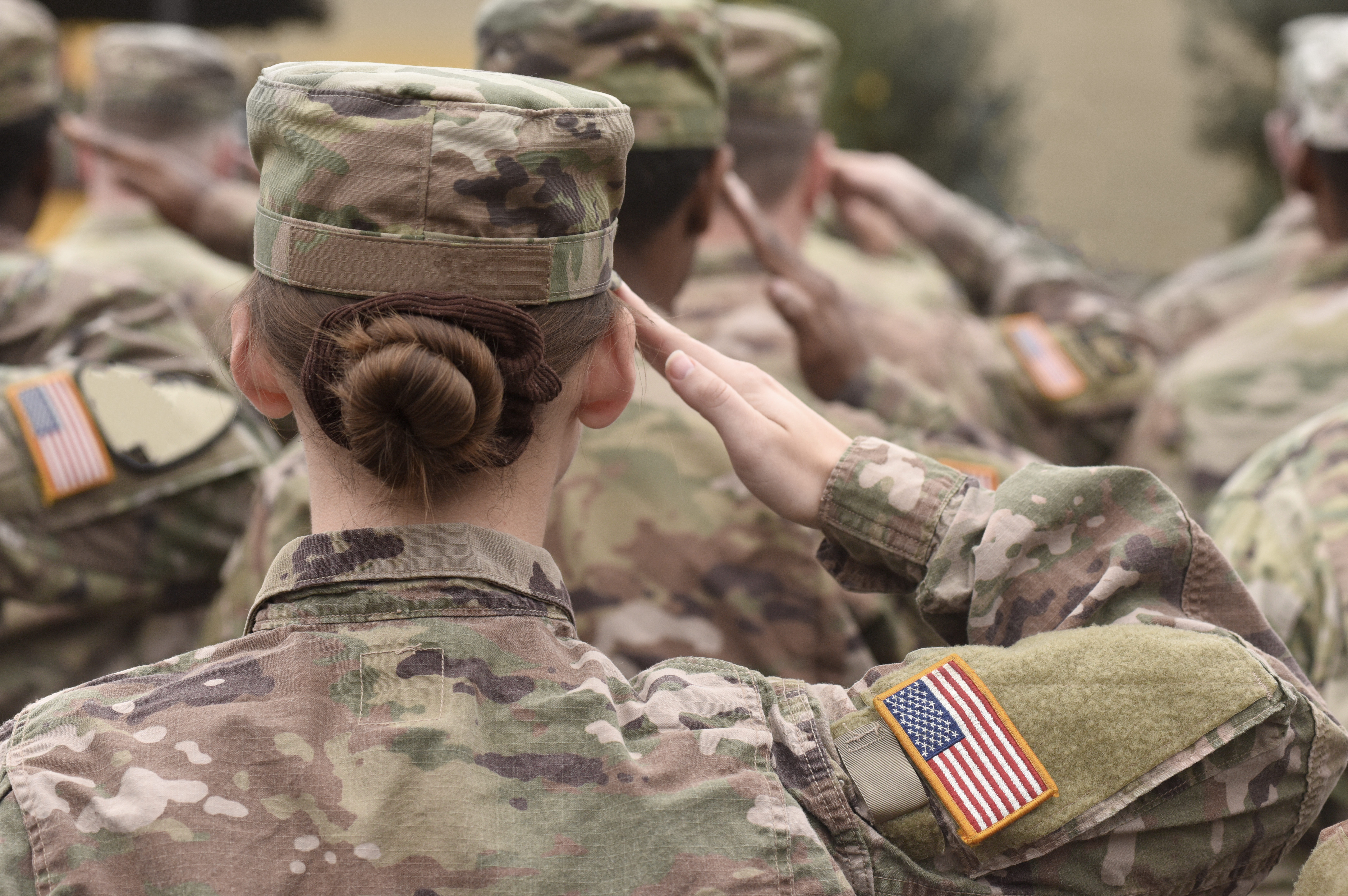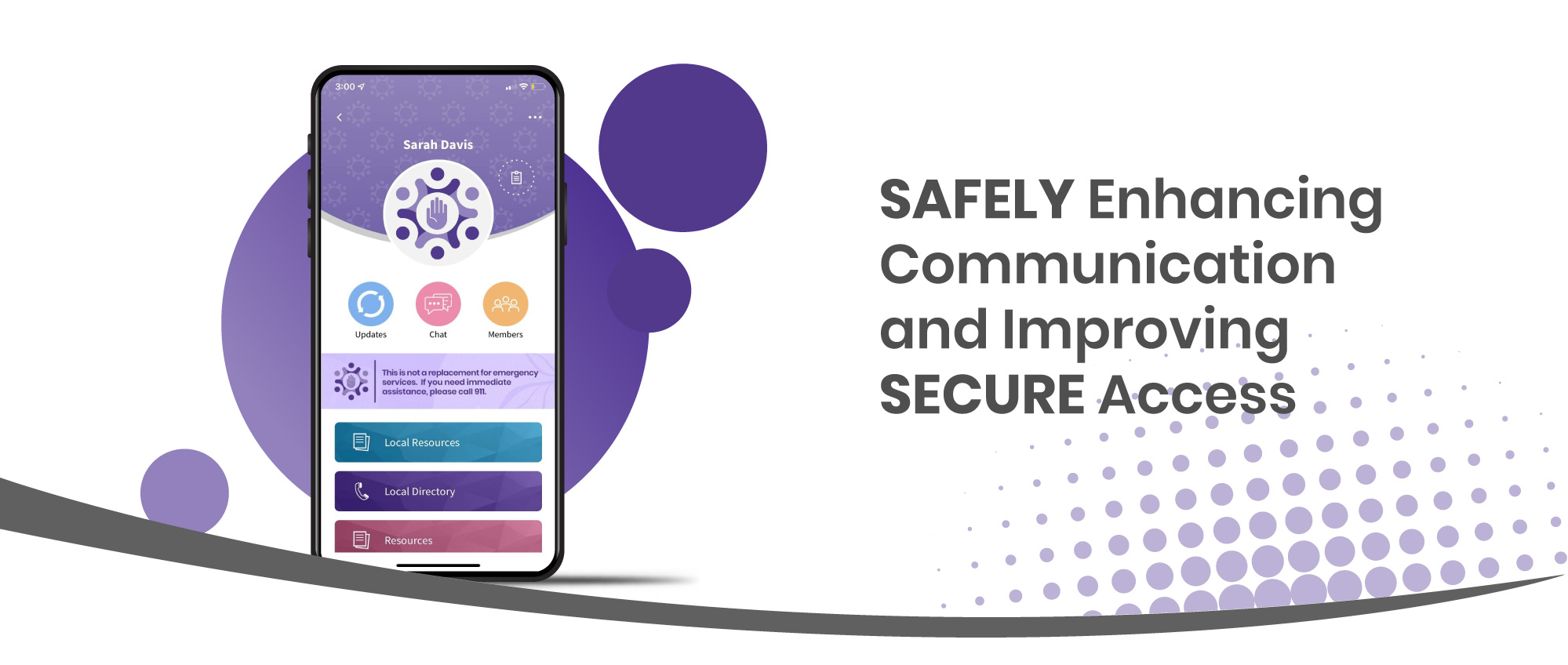8 Facts About Intimate Partner Violence within Our Armed Forces Community

Service members have some of the most challenging jobs out there. Between rigorous training, deployments to the most dangerous parts of the world—which take them away from their families for long periods—to frequent moves every few years to new bases, the stressors of military life are many.
But these are still not excuses to abuse one’s spouse or partner. Under some of the most stressful circumstances, many service members are not abusers. However, servicemen and women do face additional challenges when it comes to escaping from or reporting abuse. Being in the military is one of the 50 barriers to leaving an abusive situation, survivor and advocate Sarah Buel identified.
As with civilian populations, spouses of military veterans may be hesitant to leave abusive relationships because of the risks of losing access to medical and mental health care, housing, financial stability, and a cohesive family unit. Abuse among military couples is also vastly underreported, as survivors often fear repercussions from their abuser should they be demoted due to reporting abuse. When an intimate partner violence (IPV) report is made, it may be subject to military-led investigation, and consequences may be dictated by the military code of conduct and federal law.
IPV and The Military by the Numbers
Here are eight statistics about intimate partner violence and its correlation within the U.S. Military Active Duty Servicemembers and Veterans community
- Male combat veterans with post-traumatic stress disorder (PTSD) are two to three times more likely to abuse their female partners than veterans not suffering from PTSD.
- About 33 percent of combat veterans with PTSD report having been aggressive with their intimate partner at least once in the previous year.
- About 91 percent of combat veterans with PTSD reported being psychologically aggressive with their intimate partner in the previous year.
- One-third of female veterans have experienced intimate partner violence in their lifetime.
- Among active duty females, 33 percent report having experienced intimate partner violence during their service.
- Veterans who identify as LGBTQ+ are two to three times more likely to report IPV than other women Veterans
- More than 34 percent of wives of active duty men have experienced intimate partner violence.
- Federal law mandates dependent support be offered to the survivor when a service member is discharged from the military due to an abuse offense. Support is remanded for up to 36 months, depending on the length of service.
Help is Available for Our Veterans and Active Duty Servicemembers
For veterans seeking help, the Veterans Affairs Intimate Partner Violence Assistance Program (IPVAP) offers a directory of IPVAP coordinators in all 50 states. IPVAP coordinators provide a safety planning guide and link veterans with Veterans Affairs providers, local community-based support and domestic violence shelters, and legal services.
Anyone in danger who needs help immediately can contact the National Domestic Violence Hotline at 1-800-799-SAFE (7233) or TTY at 1-800-787-3224.
*Content in partnership with DomesticShelters.org


